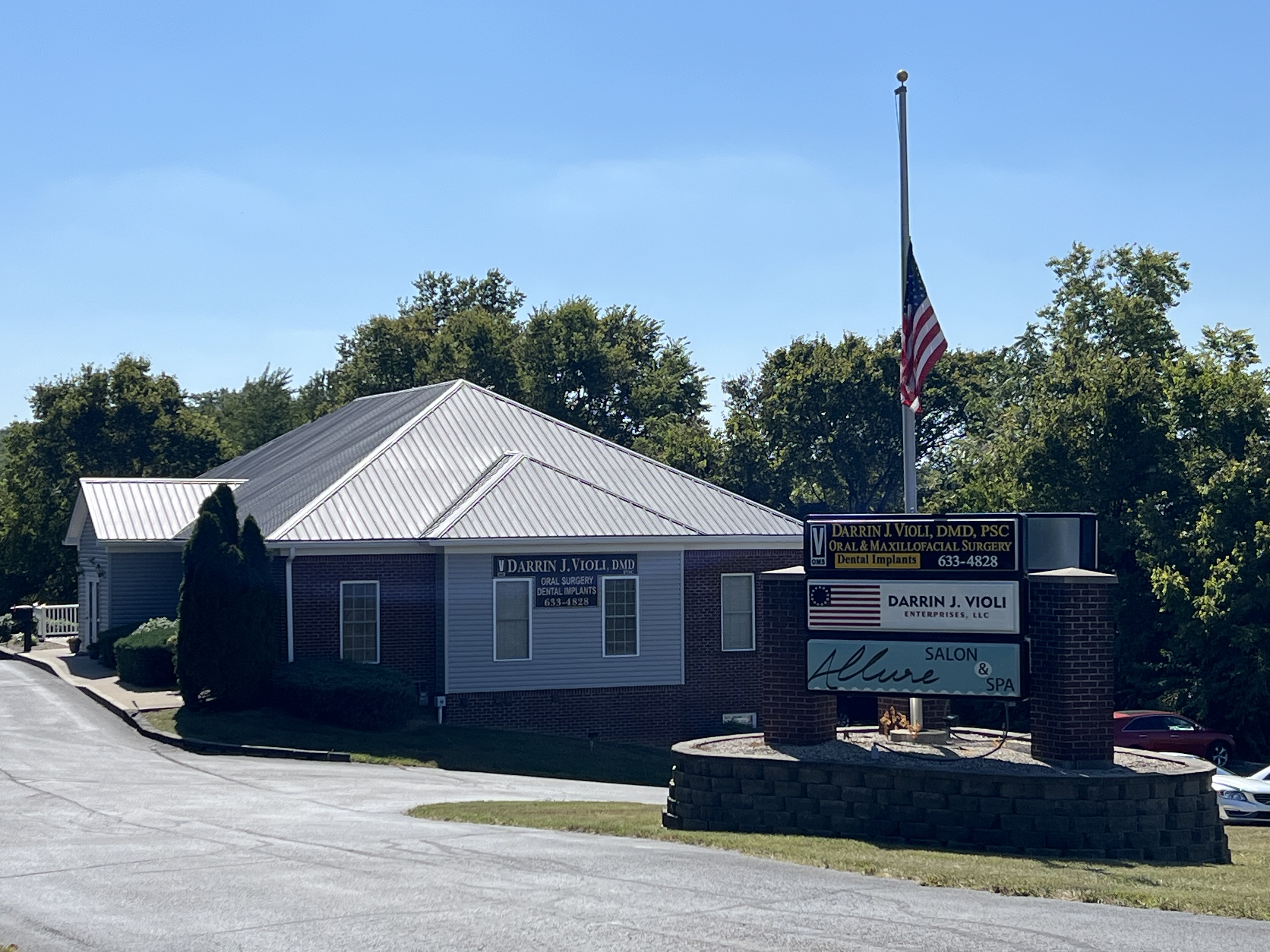Dentistry has advanced to the point in which pain is almost a thing of the past. Powerful pain-killing medications known as anesthetics not only help a patient avoid discomfort during a procedure, but post-operatively as well. Some patients may require higher doses of anesthetic than others. Types of pain-killing medications include:
Analgesics
Analgesics are also called pain relievers and include common non-narcotic medications such as ibuprofen and aspirin. Analgesics are usually used for mild cases of discomfort, and are typically prescribed following such procedures as a root canal or tooth extraction.
Local anesthesia
Anesthetics can be topically applied or injected. Dentists often apply topical anesthetics with a cotton swab to an area of the mouth where a procedure such as an extraction will be performed. This numbs the affected area. Topical anesthetics are used to prepare an area for injection of an anesthetic. Novocaine and Lidocaine are the most kind of injectable anesthetics. Such medications block the nerves from transmitting signals and are used for more major types of surgery such as extractions and routine procedures.
Sedation and general anesthesia
Sedatives are medications designed to help a patient relax. This can be a powerful tool in avoiding pain. Sedatives are sometimes used in combination with other types of pain relievers and painkillers. The types of anesthesia we offer in our office are:
Nitrous oxide
or "laughing gas," is a form of sedative that we offer in our office. The gas is administered through a special mask placed over your nose, and aids in relaxing the patient yet allowing them to remain awake and alert to what's going on around them. This form of anesthesia especially tends to work well on children, older patients, and patients who are extremely nervous about their surgery. Patients are able to drive themselves home after receiving this form of anesthesia.
IV Sedation
or conscious sedation, involves administering a sedative through an IV and allows the patient to be awake, but very relaxed. Special pre-operatory instructions are needed before administering this form of anesthesia, so a consultation appointment is required before the date of surgery. Patients are not able to drive themselves home after receiving this form of anesthesia, and need to be monitored by a friend or family member for 24 hours after undergoing anesthesia.
General anesthesia
or deep sedation, involves administering a medication through an IV that places a patient in a state of monitored and controlled unconsciousness. Special pre-operatory instructions are needed before administering this form of anesthesia, so a consultation appointment is required before the date of surgery. Patients are not able to drive themselves home after receiving this form of anesthesia, and need to be monitored by a friend or family member for 24 hours after undergoing anesthesia.

